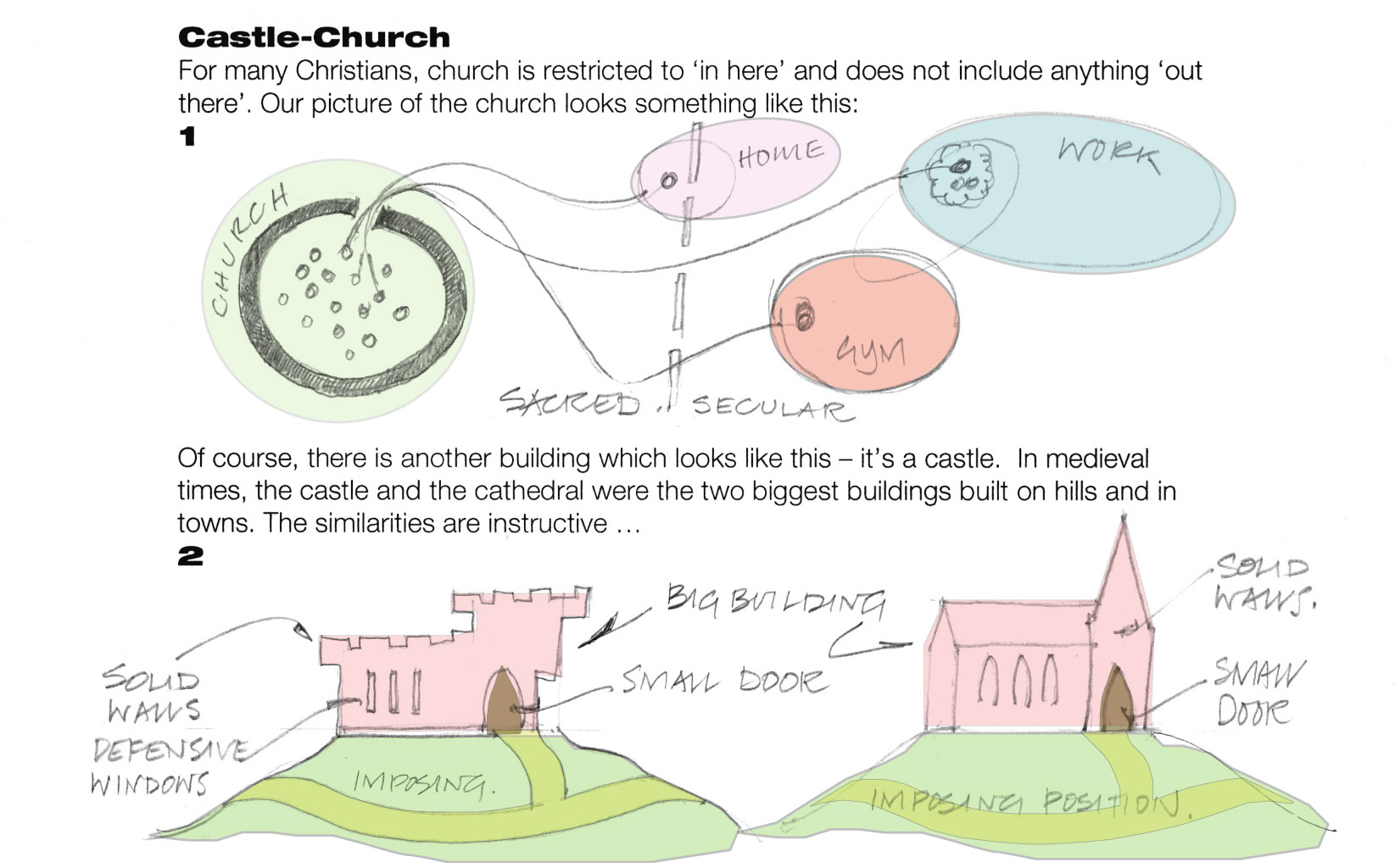The average church member’s timidity in articulating their faith outside the church walls should be one of the greatest concerns of Western church leaders of the early 21st century church.\r\n\r\nToo dramatic?\r\n\r\nWell, not in the context of the decline of the established church in the west. Some notable observers of these things reckon that the church as we know it today will not exist in England for many more years.\r\n\r\nThe pressure felt by the average Christian to be more articulate is a product of multiple factors, not least of which is the fear of being ‘found out’ to be intellectually weak. But here are three simple ways we could start to remedy the situation.\r\n
- \r\n
- first, we could rely less on the didactic presentation of ‘truth’ from the pulpit as the sole means of developing theological thinking, as generally it doesn’t. Instead, increase the quantity and quality of conversation around theological themes among ordinary parishioners.
- second, as this conversation grows, encourage people of faith to recognise that those of us within the church are not as far apart as we presume from those outside, who may also wish to join the conversation.
- and third, we should realise that good quality conversation on theology, like good conversation in general, doesn’t rely on formulas or ‘magic bullets’ to score points. Rather, by its nature good conversation is an open minded way of finding an approach to the ‘threshold of faith’, as William Temple put it.
\r\n
\r\n
\r\n
\r\nMore fully the Archbishop says: \r\n\r\n“remember that [there are] many ways of approach [to faith] and that all the ways of approach lead us only to the threshold; for religious faith does not consist in supposing that there is a God; it consists in personal trust in God rising to personal fellowship with God”.\r\n\r\nAnd we do that, says the Archbishop, “by going to school not with the philosophers but with the saints
